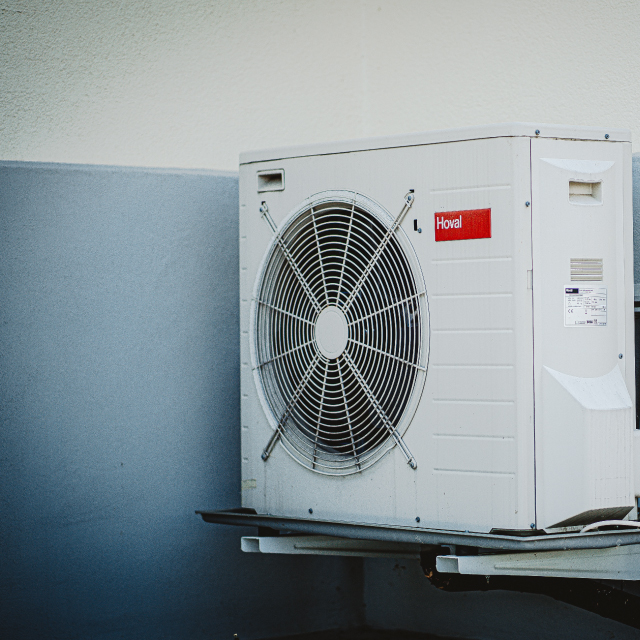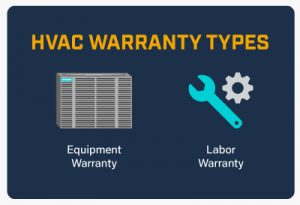
Residential heating and cooling is an essential investment in your home. That’s why homeowners spend a lot of time and money selecting and installing the best unit for their needs. However, what happens if you purchase a new residence? Is the existing unit covered from damage or faulty parts?
If you recently purchased a new home with a pre-established HVAC system, your unit may or may not be covered under warranty. It surprises many homeowners when they discover that previous heating and cooling warranties don’t always transfer to the new household owners. If you are looking for tips on determining if yours is covered, our Portland HVAC installers spell out all the details you need to know below.
Warranties and Portland HVAC Services
Before we begin, let’s address a crucial question we regularly receive: Do homeowners really need a warranty for their air conditioning and heating components? While some people might find the additional cost unnecessary, the ultimate answer is that warranties matter. Should your HVAC system begin to show problems, a comprehensive protection plan can help reduce out-of-pocket expenses in the event your unit needs unexpected repairs. A properly maintained heating and AC unit should last years without significant problems; however, surprises can happen. That’s where warranties come in.
HVAC Warranty Types
 There are two main potential warranties available for appliances and HVAC systems. Some might be transferable to new owners, while others may not.
There are two main potential warranties available for appliances and HVAC systems. Some might be transferable to new owners, while others may not.
- Equipment Warranty: The manufacturer provides this type of coverage and covers malfunctions due to faulty parts. It does not cover damage caused by neglect, user error, or external factors. Most HVAC system manufacturers automatically offer a 5-year parts warranty, while some offer up to 10-years. Since this type of coverage deals with parts over labor, most contracts will transfer to new owners. However, some require a transfer fee, while others just require re-registering the unit. Do some homework to figure out your heating and cooling brand, then check its transfer specifications.
- Labor Warranty: A labor warranty is provided by the heating and cooling company that installed and maintained the unit. Since equipment warranties only cover bad manufactured parts, labor warranties are especially important because they protect against installation and workmanship errors. Much like a home work warranty, labor warranty coverage lengths can vary. Plus, they might not be transferable.
The Takeaway
Don’t assume that your residential heating and cooling system is fully covered. Do a little research and see if the previous homeowner’s HVAC labor or equipment warranty was transferred to you. If so, great! At this stage, check the details to ensure that it is as comprehensive as possible so that you don’t get hit with unexpected out-of-pocket costs. If you are unsure what makes a solid plan, our checklist is a perfect place to start.
If the warranty didn’t automatically transfer over, don’t panic. There are some solutions.
- First, check and see if the seller’s warranty is transferable and if you are still within the timeframe to transfer.
- When in doubt, contact a reputable NATE-Certified technician like AAA Heating & Cooling to help walk you through your options.
- Should you need to upgrade or begin a new labor warranty, our heating and cooling experts can help you pick the best plan for your needs.
Residential HVAC Contractors in the Portland Metro Area
Are you searching for warranty answers, looking to schedule routine maintenance, or want to upgrade your existing unit? AAA Heating and Cooling is here to help! We proudly serve the Portland metro area and look forward to bringing our expertise to you. Contact us today to schedule a full-service quote.